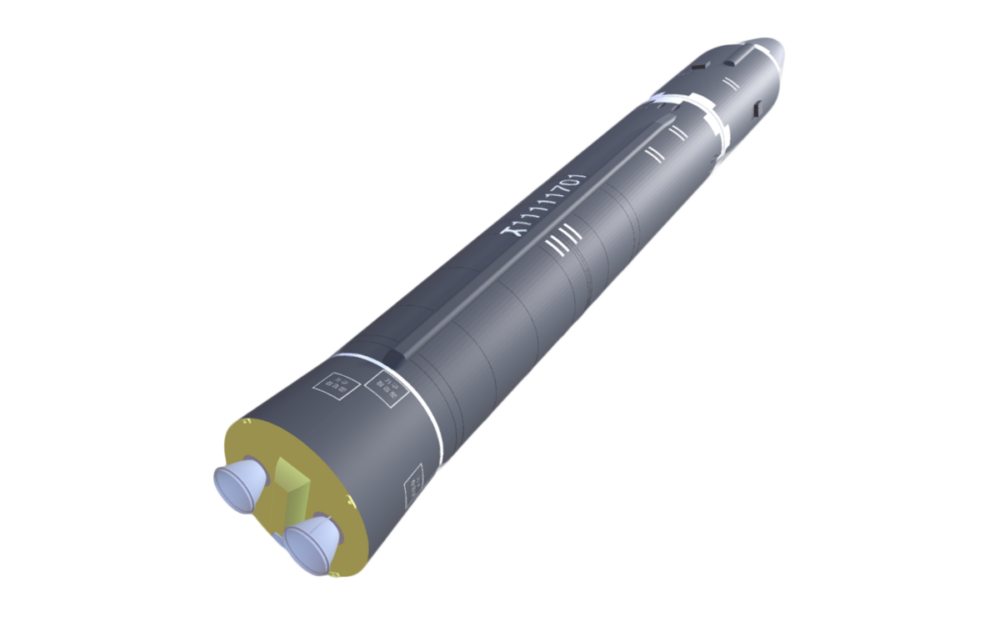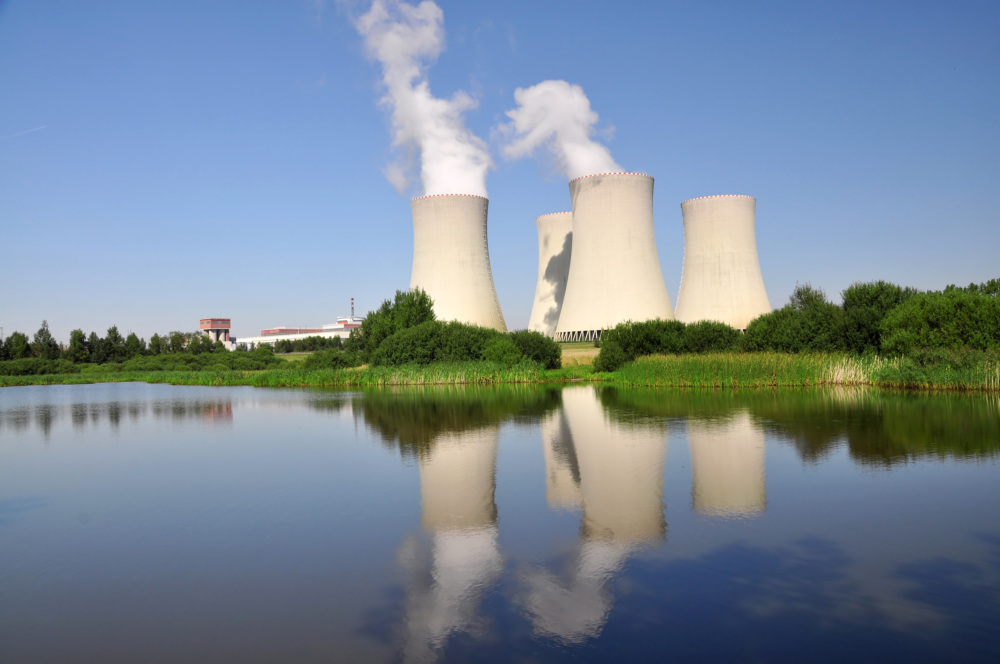
The CNS North Korea Missile Test Database
A collection of missile tests including the date, time, missile name, launch agency, facility name, and test outcome.
Saudi Arabia possesses only a rudimentary civil nuclear infrastructure, and currently lacks the physical and technological resources to develop an indigenous nuclear weapons capability. Allegations that Saudi Arabia has sought to acquire nuclear weapons in the past have never been substantiated publicly.
Saudi Arabia acceded to the Treaty on the Nonproliferation of Nuclear Weapons (NPT) as a non-nuclear weapon state in 1988 and since 1999 has expressed its support for the establishment of a WMD-free zone in the Middle East. While the last decade has witnessed growing speculation about how Saudi Arabia might respond to Iran’s controversial nuclear program, most experts agree Riyadh remains unlikely to pursue nuclear weapons for the foreseeable future, even if a nuclear-armed Iran were to emerge. In recent years Saudi Arabia has expressed interest in an ambitious agenda to expand its civil nuclear power program, but it remains unclear whether its plans will come to fruition.
Saudi Arabia’s interest in nuclear-related research dates back to the 1960s, and it has maintained a modest civilian nuclear program since the late 1970s. In 1977, Riyadh established a basic nuclear center known as the King Abd Al-Aziz Center for Science and Technology (KAACST). 1 A decade later, in 1988, the Kingdom established its Atomic Energy Research Institute (AERI) within KAACST, which has conducted research on “industrial applications of radiation and radioactive isotopes, nuclear power and reactors, nuclear materials and radiation protection.” 2 Since the late 1970s, Saudi scientists have conducted a series of studies into the feasibility of developing nuclear power plants for electricity generation and desalination purposes, but Saudi Arabia has yet to acquire a nuclear power reactor. 3
Speculation regarding Saudi Arabia’s nuclear weapons ambitions has periodically surfaced in the media. According to one report, “among the charges levelled at it have been that it possesses undeclared nuclear facilities; that it sought or may seek a nuclear security guarantee from a country other than the United States in return for energy supplies; and that it has attempted or planned for the outright purchase of a nuclear weapon and/or delivery system from another state.” 4
Most of this speculation stems from allegations made by Muhammad Khilewi, a former Saudi diplomat who defected to the United States in the 1990s. Disclosing thousands of documents he claimed to have copied directly from official Saudi sources, Khilewi asserted that since 1975 Riyadh had sought to acquire nuclear weapons. 5 Khilewi maintained that following the 1973 Arab-Israeli War Saudi Arabia set up a clandestine program run out of the Al-Kharj nuclear research center at a remote military facility near the town of Al-Sulayyil southwest of Riyadh. 6 In a 1998 interview, he also claimed Saudi Arabia had spent millions to support the Iraqi and Pakistani nuclear weapons programs. 7 Riyadh has denied the veracity of Khilewi’s statements, and most experts dismiss their credibility. 8
According to Khilewi’s documents, Riyadh provided Saddam Hussein with nearly $5 billion to finance Iraq’s clandestine nuclear weapons program between 1975 and 1990. 9 Such funding was allegedly part of Saudi Arabia’s broader financial support to Iraq during the Iran-Iraq war, which, according to Khilewi, amounted to $25 billion. 10 In exchange for its financial backing, Saudi Arabia would purportedly receive some of the Iraqi nuclear weapons once they were produced. In addition, Saudi scientists reportedly received nuclear weapons-related training in Iraq as part of the deal. 11 Khilewi claimed the cooperation ultimately collapsed with the Iraqi invasion of Kuwait in 1990.
Allegations that Saudi Arabia provided significant financial support for Pakistan’s nuclear weapons program, possibly with the understanding that Islamabad would provide sensitive nuclear weapons-related technology or even extended deterrence in exchange, stem from claims made by Khilewi as well as numerous others. 12 Information in the public domain suggests Riyadh did provide financial assistance to Islamabad in the 1970s and 1980s, along with discounted oil supplies after the United States imposed sanctions following Pakistan’s nuclear tests in 1998. 13 While Saudi aid enabled the program to continue, whether Riyadh directly financed the Pakistani bomb effort or had an explicit nuclear-related agreement with Islamabad remains subject to speculation.
Several high-profile interactions have sparked further suspicions of a Saudi-Pakistani nuclear quid pro quo. In May 1999, Saudi Defense Minister Prince Sultan visited the uranium enrichment plant and missile facility at Kahuta outside Islamabad, reportedly conducting a follow-up visit in 2002. 14 The notorious Pakistani scientist and black market purveyor of nuclear-related goods and technology, AQ Khan, traveled to Saudi Arabia in November 1999. 15 In October 2003, Crown Prince Abdullah visited Pakistan, a trip which an Israeli senior intelligence official reportedly told the Knesset Foreign Affairs and Defense Committee was intended to secure an agreement whereby Saudi Arabia would purchase Pakistani nuclear warheads to be placed atop Saudi missiles in the event Iran acquired nuclear weapons. 16 Others have speculated such an agreement might involve the stationing of Pakistani nuclear weapons on Saudi territory. 17 Both Riyadh and Islamabad have denied these allegations, and most analysts believe it highly unlikely Pakistan would ever follow through with such an agreement, were it to even exist, given a host of disincentives. 18
Notwithstanding the speculation surrounding Saudi-Pakistani nuclear cooperation, Riyadh apparently initiated a review of its strategic policy around 2003 in light of its changing security environment. Based on a leaked strategy paper, a September 2003 report published in The Guardian alleged the strategic reassessment involved the consideration of three options: pursuing an indigenous nuclear deterrent; maintaining or entering into an alliance with an existing nuclear power; or seeking a regional agreement establishing a nuclear-weapon-free zone in the Middle East. 19 The Saudi government denied that such a document existed at the time. Saudi officials have apparently issued explicit warnings about Riyadh’s intention to acquire nuclear weapons in the event Iran does. According to a senior U.S. official, King Abdullah of Saudi Arabia warned in 2009 that if Iran acquired nuclear weapons, “we will get nuclear weapons.” 20 However, in 2015, Saudi officials publicly supported the Joint Comprehensive Plan of Action (JCPOA), the deal struck to allow intrusive monitoring into Iran’s nuclear program in exchange for sanctions relief, stating that the agreement will prevent Iran from acquiring a bomb and will promote security in the region. 21
Saudi Arabia currently possesses a limited civilian nuclear infrastructure consisting of a three-megavolt Tangetron accelerator, a 350 kilovolt light-ion accelerator, and a cyclotron. The accelerators are housed at the King Fahd University of Petroleum and Minerals and are used to conduct experiments in nuclear physics, while the cyclotron is used to produce medical isotopes at the King Fasisal Specialist Hospital and Research Center in Riyadh. 22 The knowledge required to operate such facilities is basic, and not applicable to the development of nuclear weapons. 23 In addition to operating these facilities, Saudi scientists conduct lab research and experiments in nuclear science, including through the operation of a cobalt-60 irradiation facility. 24 The Kingdom has no known uranium conversion, enrichment, or fuel-fabrication facilities, nor does it possess any power reactors or reprocessing capabilities. Some AERI laboratories conduct research on physical and chemical separation and radiochemistry, making them potentially suitable for small-scale plutonium reprocessing, “though not in quantities that would present a proliferation risk.” 25
Saudi Arabia acceded to the NPT as a non-nuclear weapon state in 1988, and signed a comprehensive safeguards agreement with the International Atomic Energy Agency (IAEA) in 2005, eventually bringing it into force in 2009. At the time Riyadh signed its safeguards agreement: however, it qualified it with a Small Quantities Protocol (SQP). This measure exempts countries with little or no nuclear material from regular inspections, but the IAEA has tried to convince countries with SQPs to rescind or update them, as they limit the Agency’s ability to verify no undeclared nuclear activities are taking place, and that a country does not possess more nuclear material than allowed by the protocol. 26 Saudi Arabia will eventually be forced to do away with its SQP if its plans to further develop its civil nuclear program come to fruition.
Over the past decade, Saudi Arabia has shown a renewed interest in further developing its civil nuclear program. The Kingdom has played a central role in the Gulf Cooperation Council’s (GCC) efforts to launch a regional initiative in 2006 to examine and eventually develop a joint civil nuclear energy program. 27 Parallel to the GCC initiative, Riyadh has also taken a series of steps to develop commercial relationships with major nuclear suppliers, signing a memorandum of understanding with the United States in 2008, as well as cooperative agreements with France (February 2011), Argentina (June 2011), South Korea (November 2011), and China (January 2012). 28 Riyadh is also reportedly in the process of negotiating nuclear cooperation agreements with the United States, the Czech Republic, the United Kingdom, and Russia. 29 This flurry of activity occurred in the midst of Saudi Arabia’s announcement in June 2011 of an ambitious plan to build sixteen nuclear power reactors over the next two decades, aiming to bring the first reactor online by 2022. 30 Most experts viewed this timetable as highly unrealistic, and indeed, as of mid-2016 no meaningful progress had been made toward achieving it. 31
Sign up for our newsletter to get the latest on nuclear and biological threats.
A collection of missile tests including the date, time, missile name, launch agency, facility name, and test outcome.
At this critical juncture for action on climate change and energy security, 20 NGOs from around the globe jointly call for the efficient and responsible expansion of nuclear energy and advance six key principles for doing so.
Information and analysis of nuclear weapons disarmament proposals and progress in Belarus
